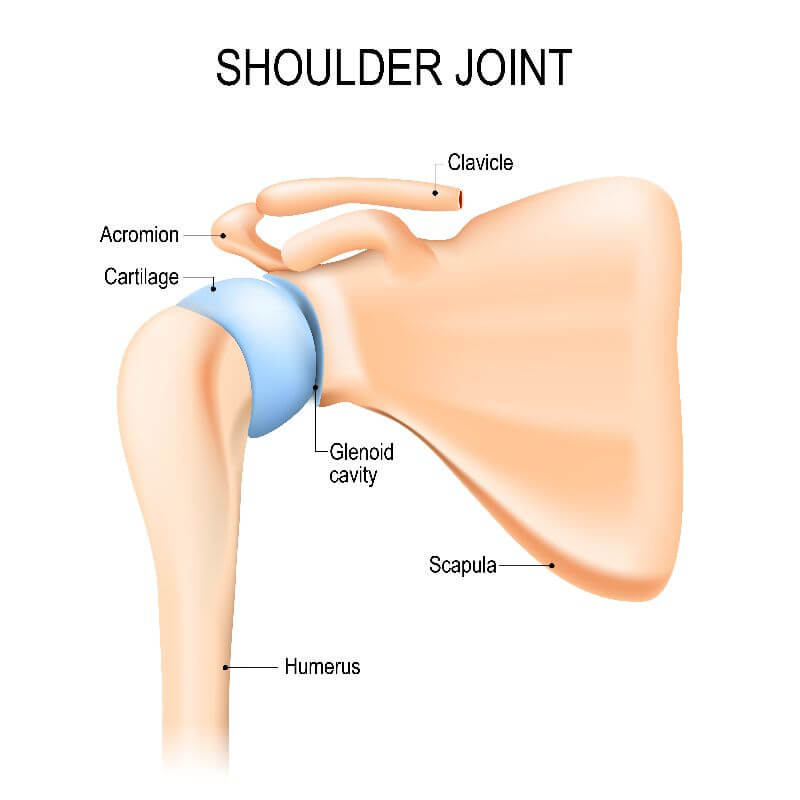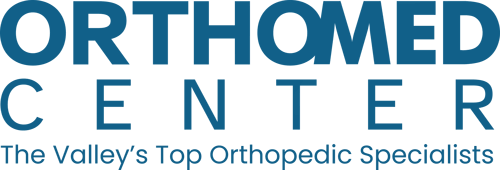Shoulder replacement surgery is major surgery and, therefore, requires general anesthesia. After the surgery, it is normal to feel groggy and tired as you recover.
You should plan to take it easy the first couple of days after surgery. You may be able to return to one-handed work or desk work within a week or two after surgery. However, if your work involves using your operative arm and if that work is rigorous or physically demanding, you may need to be off work or on light-duty for 3 to 4 months following surgery.
At OrthoMed, your surgeon will work out a plan that is optimal for you so that you can return to work and recreational activities safely.




